Rainwater Harvesting
Rainwater harvesting systems are designed to collect and store rainwater, offering a sustainable alternative to traditional water sources. By capturing runoff from your roof, rainwater harvesting helps reduce water bills, conserve resources, and support eco-friendly landscaping. It's a simple yet effective solution that benefits both property owners and the environment.
Looking for a way to make your property more sustainable and reduce water waste? A rainwater harvesting system could be the perfect addition. At Jersey Eco Roofing, we install rainwater harvesting systems as part of our commitment to water conservation and sustainability. Here’s why it’s a smart choice for your home or business:
Water Conservation
By collecting rainwater, you reduce your reliance on municipal water supplies. Use harvested rainwater for irrigation, landscaping, and other non-potable uses, helping conserve this precious resource and lower your water bills.
Eco-Friendly Impact
Rainwater harvesting reduces the strain on local water systems and helps prevent stormwater runoff, which can contribute to erosion and pollution. Every drop you collect makes a positive impact on the environment, supporting a greener, healthier planet.
Increased Self-Sufficiency
Rainwater harvesting provides a reliable backup water source, especially in times of drought or water restrictions. With a storage system in place, you’ll have access to water when you need it, promoting self-sufficiency and resilience.
Upgrade your property with a rainwater harvesting system from Jersey Eco Roofing—sustainable, efficient, and a smart step toward water conservation!
Rainwater Harvesting System Components
Rainwater harvesting systems consist of essential components that work together to efficiently capture and store rainwater. These include collection surfaces like your roof, gutters for directing water flow, filters to remove debris, and storage tanks for holding the harvested rain. Systems can vary in complexity, from basic setups for garden irrigation to more advanced designs that integrate filtration for non-potable indoor use. The key is to ensure that each component supports efficient water collection, storage, and distribution, making your system both eco-friendly and practical.
Climate Considerations
While rainwater harvesting offers significant water conservation benefits, it’s important to consider your local climate when designing a system. In regions with frequent rainfall, a larger storage tank may be ideal to maximize water collection. In drier areas, the system may need to be paired with other water-saving strategies. Our team will assess your local climate and water needs to design a rainwater harvesting system that works best for your property, ensuring maximum efficiency and sustainability.

